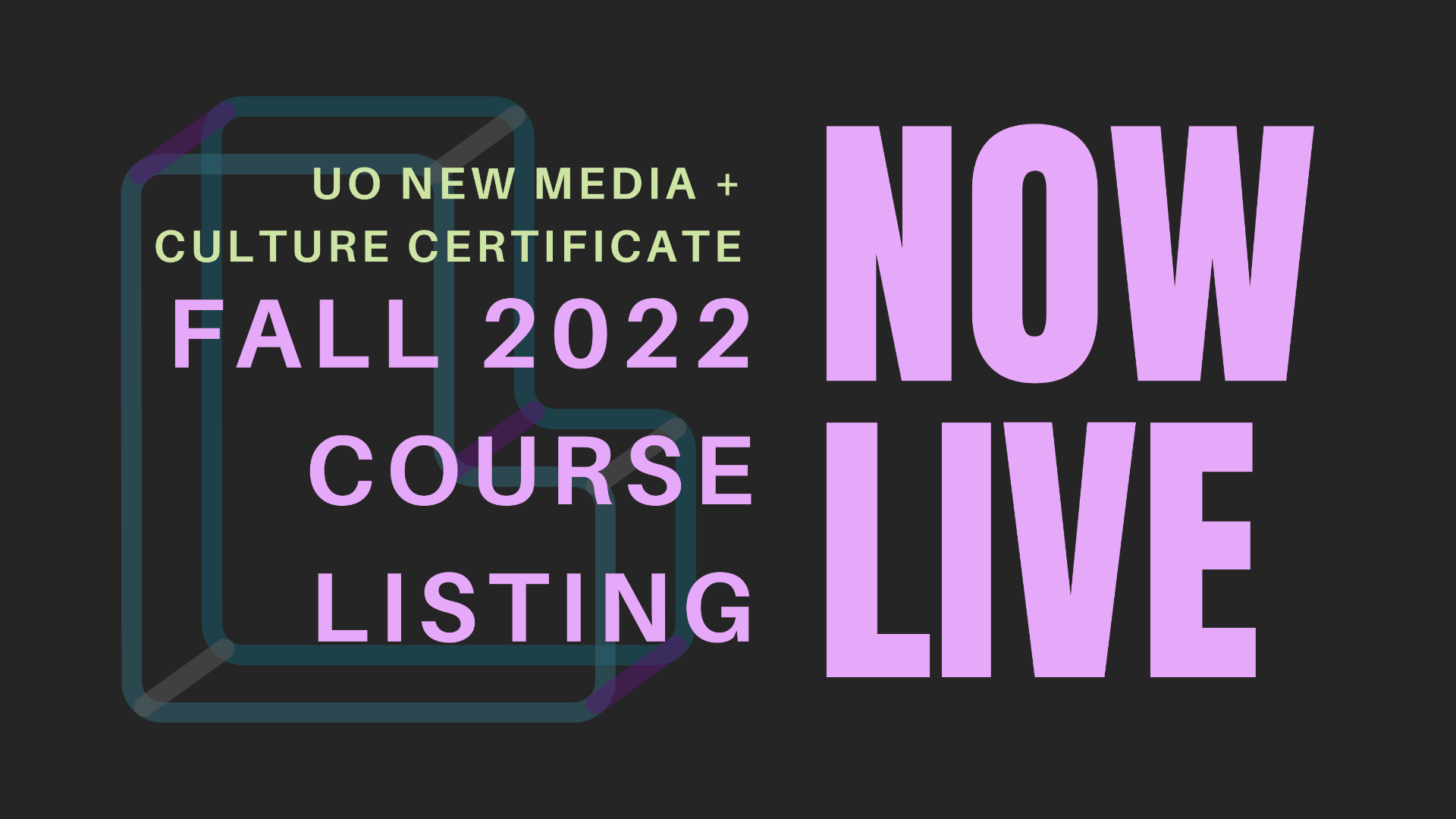
Data Trouble
MIRIAM POSNER, Assistant Professor, UCLA School of Information
Part of the Thinking with Data Lecture Series
Digital humanists have no particular problem talking about data. We use it, trade it, and think about it constantly. Many “traditional” humanists, though, bristle at the notion that their sources constitute “data.” And yet humanists work with evidence, and they speak of proving their claims. So is this just a problem of terminology? I’ll argue in this talk that our data trouble is more substantial than we’ve acknowledged. The term “data” seems alien to the humanities not just because humanists aren’t used to computers, but because it exposes some very real differences in the way humanists and scholars from some other fields conceive of the work they do. In this talk, I’ll outline the specific points of tension between the notion of data and the ways that humanists work with sources, and I’ll explain why I think this epistemological divide actually suggests some incredibly interesting avenues of investigation. Is there a way we can build humanist concerns into the data table?
Miriam Posner is an assistant professor at the UCLA School of Information. She’s also a digital humanist with interests in labor, race, feminism, and the history and philosophy of data. As a digital humanist, she is particularly interested in the visualization of large bodies of data from cultural heritage institutions, and the application of digital methods to the analysis of images and video. A film, media, and American studies scholar by training, she frequently writes on the application of digital methods to the humanities. She is at work on two projects: the first on what “data” might mean for humanistic research; and the second on how multinational corporations are making use of data in their supply chains.
Thursday, April 14, 2022, 5:00pm – 6:30pm PST
In-Person (Knight DREAM Lab) or Online
Register: https://uoregon.libcal.com/calendar/dataservices/miriam_posner
Sponsored by: Professor Roy Chan of East Asian Languages and Literatures + the Data Services Department of UO Libraries.













